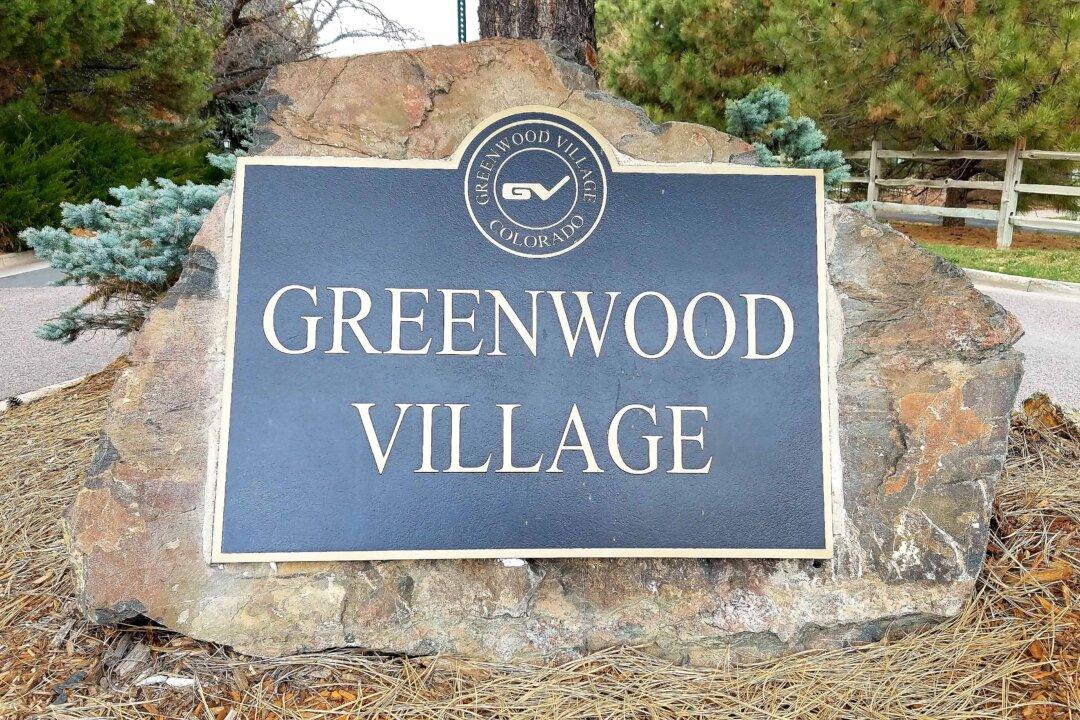Commentary
City authorities destroyed the Lech family home. Everyone acknowledges that the Lechs were entirely innocent. Yet the city has refused compensation.

City authorities destroyed the Lech family home. Everyone acknowledges that the Lechs were entirely innocent. Yet the city has refused compensation.